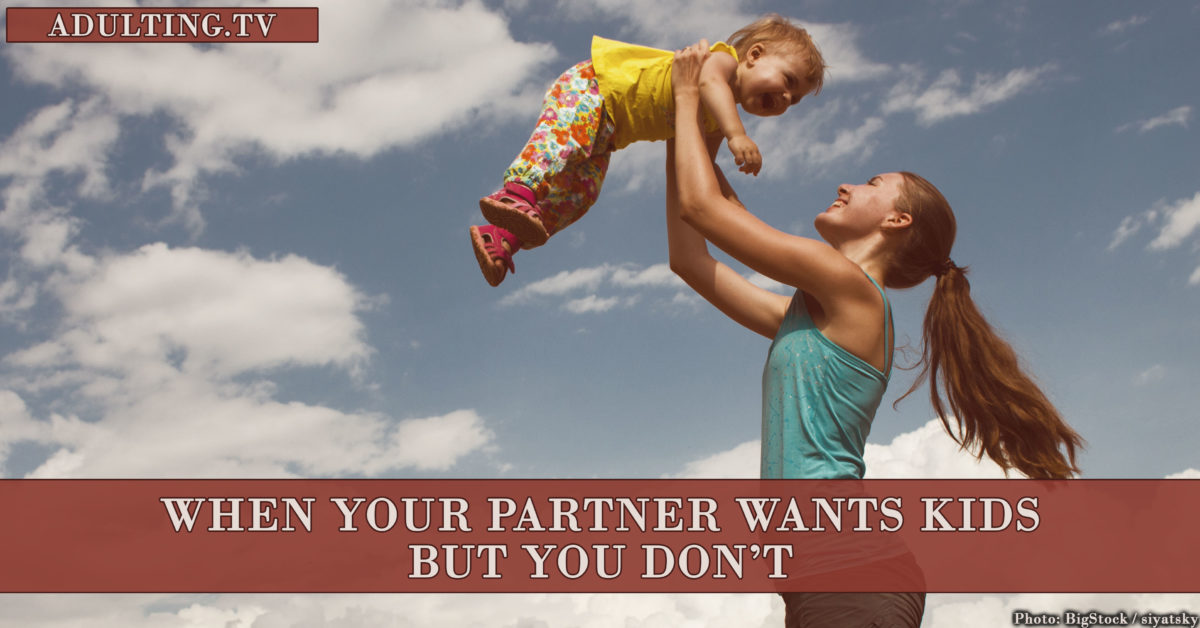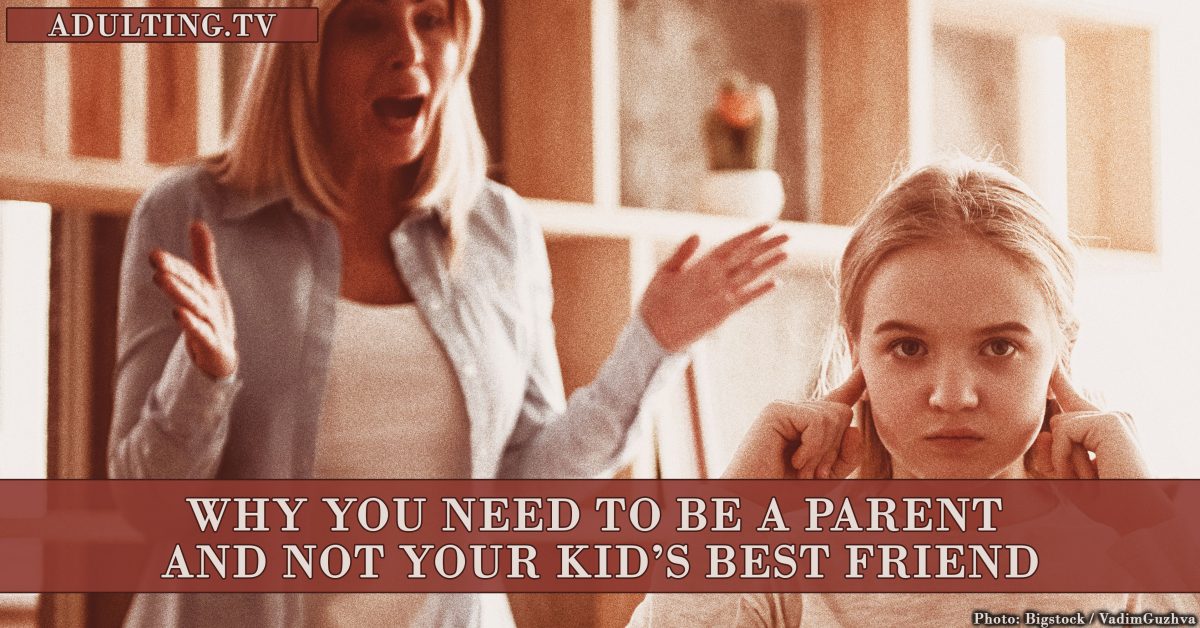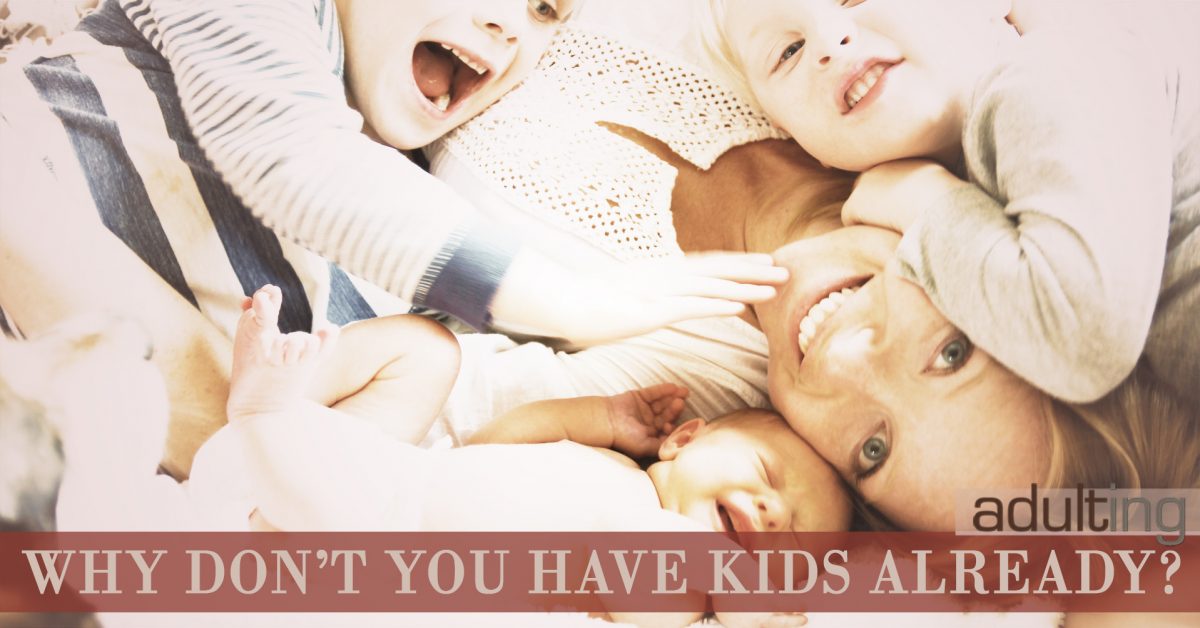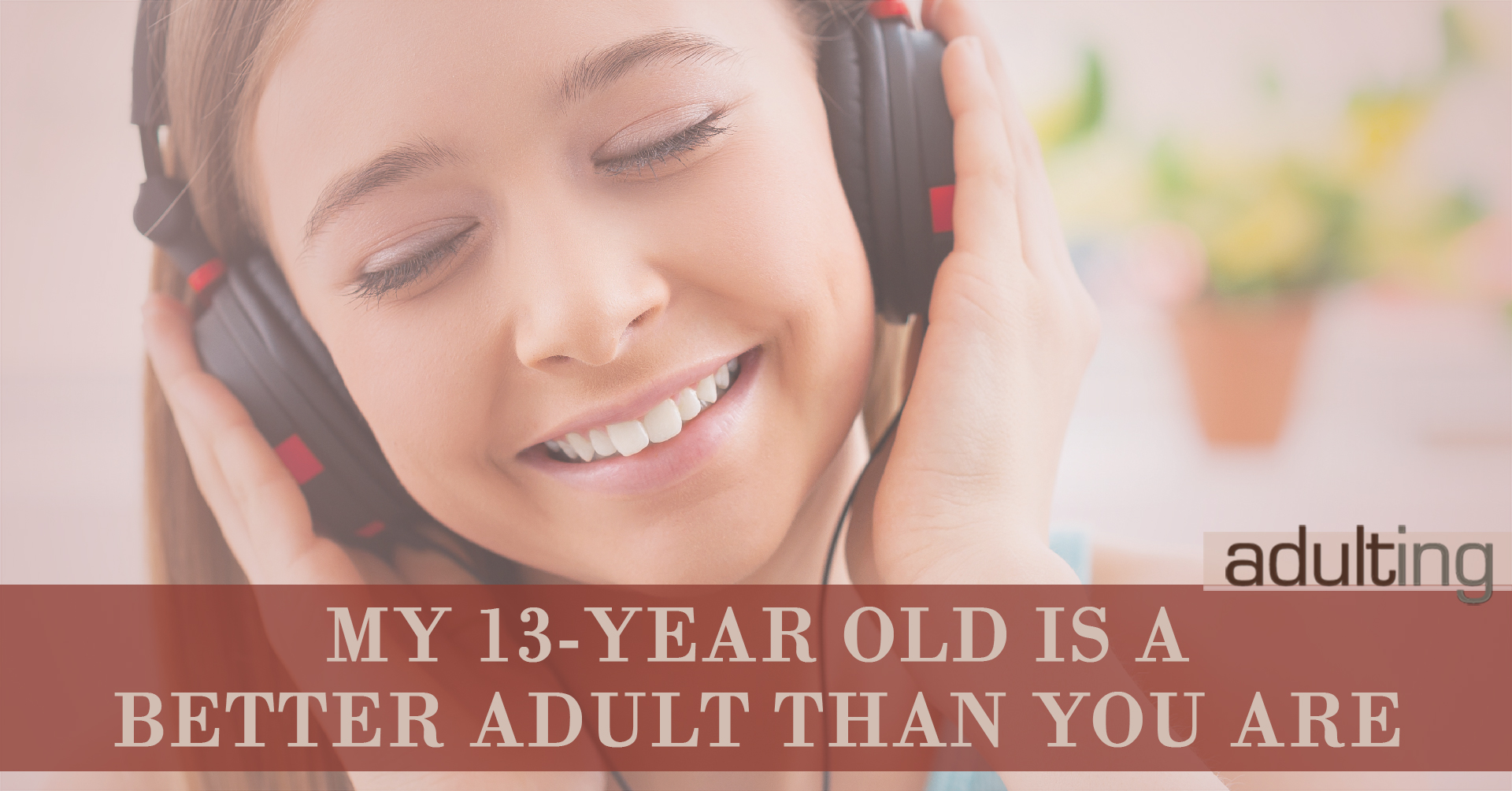In relationships, it’s often our differences that bring us together. A creative type might be drawn to someone with a blue collar background and a handyman skill set. A hardcore fantasy fan might be intrigued by a nonfiction lover. Even Yankees and Red Sox fans have been known to get along.
But there’s one difference that hardly ever jives with a healthy relationship: whether or not you want kids.
The need to have children is so hardwired in some people, it can be hard for them to grasp why anyone would forego the chance to pass on their genes. People on the other side of the spectrum might have trouble understanding the allure of changing diapers or going days without sleep.
It’s a contentious issue – so why do people wait so long to bring it up?
If you’re currently in this situation, it’s time to take action. Here’s what you need to do.
Discuss the issue.
It’s easy to bury your head in the sand about this topic. After all, who wants to talk about something as complicated as having children when you could debate what you think will happen on the next “Game of Thrones” episode?
Unfortunately, this is the kind of potential problem that needs to be discussed as soon as possible. If you’re a woman who wants kids and are married to or in a relationship with someone who doesn’t, you can’t wait forever. Female fertility goes down significantly after 35 and the chance of genetic disorders and other problems also increases. If you’re approaching 30, you can’t just ignore the problem for a few years.
Try talking about the question of children together and see where you both stand. If your partner mentioned a few years ago that he wants kids, it’s entirely possible he’s changed his mind since then. If you talk about your priorities early and often, there’s little chance you’ll be blindsided by a change of heart.
Couples who have been together a long time should consider seeing a therapist. They can help flesh out the issue, offer some perspective and lay out the best options for moving forward. For example, are you really averse to having a child because you’re scared that your partner won’t help shoulder the burden? Even if you’re sure you know the reasons why you don’t want kids, it might be easier to discuss the issue with a professional
For example, are you really averse to having a child because you’re scared that your partner won’t help shoulder the burden? Even if you’re sure you know the reasons why you don’t want kids, it might be easier to discuss the issue with a professional present.
Talk about other options.
If breaking up is not something you want to do, there might be a few ways to compromise. For example, you could look into temporarily fostering a child to see if it fulfills your partner’s parental instinct. Fostering is an intense process and a new home can have a permanent affect on a child, but placements are temporary and can let you both see what it’s like to be parents without making a permanent decision.
Fostering is an intense process and a new home can have a permanent affect on a child, but placements are temporary and can let you both see what it’s like to be parents without making a permanent decision.
You could also consider adopting an older child, if you’d rather skip the diapers-and-midnight-feedings stage of parenting. If you want to start really slowly, try babysitting for a friend or relative to see how it feels before you decide to foster or adopt a child.
You can also talk to people you know who have children and aren’t afraid to share how it really feels to be a parent. These options should not be taken lightly, especially not as a direct replacement for having your own child.
Too much of what we see on TV and in film romanticizes the act of parenting and doesn’t prepare people for what being a mother or father actually means. Plenty of people want kids right up until the point where they actually have them, so make sure you’ve put real thought into the decision. Becoming a parent should be a conscious act, not a product of biological urges.
Take action.
The easiest decision to make is to maintain the status quo. Our comfort zone is soft and cozy, and disrupting it comes with challenges. Unfortunately, if you’ve discussed having a child and haven’t agreed on a decision you and your partner will be happy with, it might be time to say goodbye.
Everyone deserves to try for the life they want, whether it’s filled with babies and diapers or exotic vacations and late nights out. That’s not to say you can’t go along with your partner’s wishes for the good of the relationship, but make sure it’s a decision you buy into.
Don’t lie to yourself or your spouse if you truly can’t see yourself having kids and being happy, or vice versa. The longer you wait to reveal the truth, the worse the break-up will be.
How to prevent this.
It’s always hard to find someone you like, only to break things off because of a difference in priorities. Still, it’s a lot easier to break up with someone three months into the relationship than three years. Even if you’re worried the question will scare away potential mates, consider how much easier it will be to break up before you’ve moved in, met his parents and adopted a pet together.
Bring up your child-free status whenever you feel comfortable, but do it sooner rather than later. It never feels like the perfect time to discuss a sticky subject, so be prepared to feel awkward no matter how you approach the conversation.
Have you or someone you’ve known been in this situation? Let’s talk about it over in the #Adulting Facebook community!






